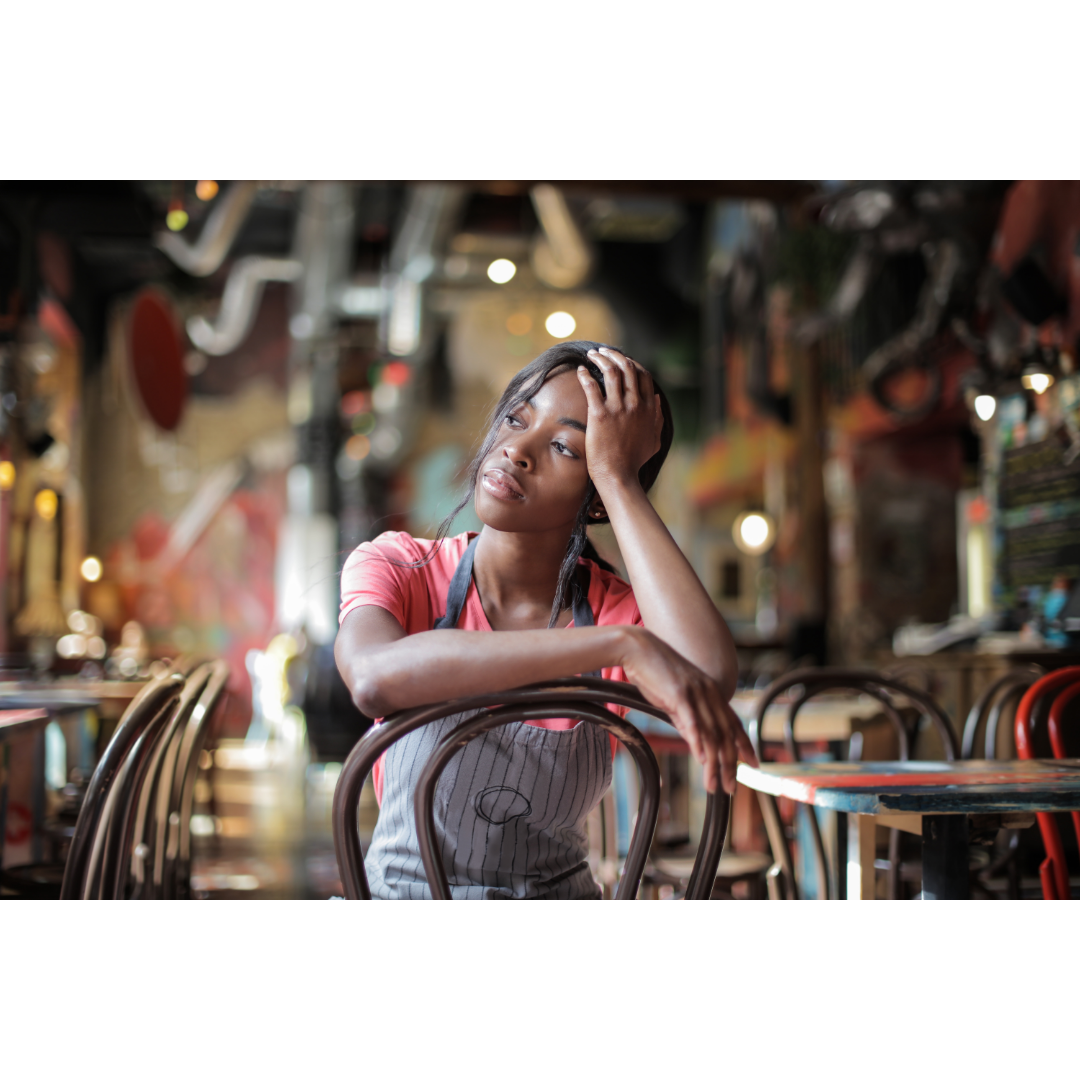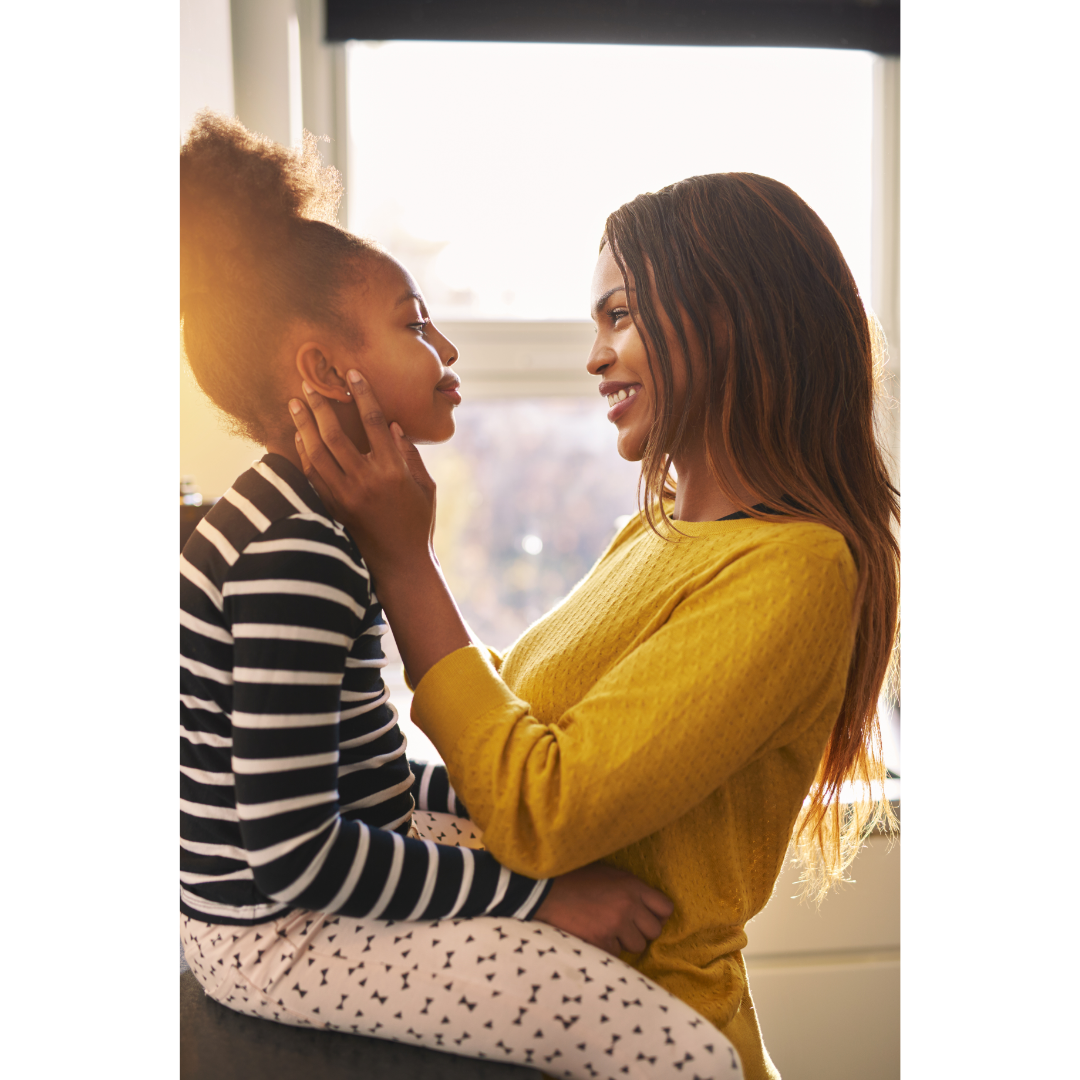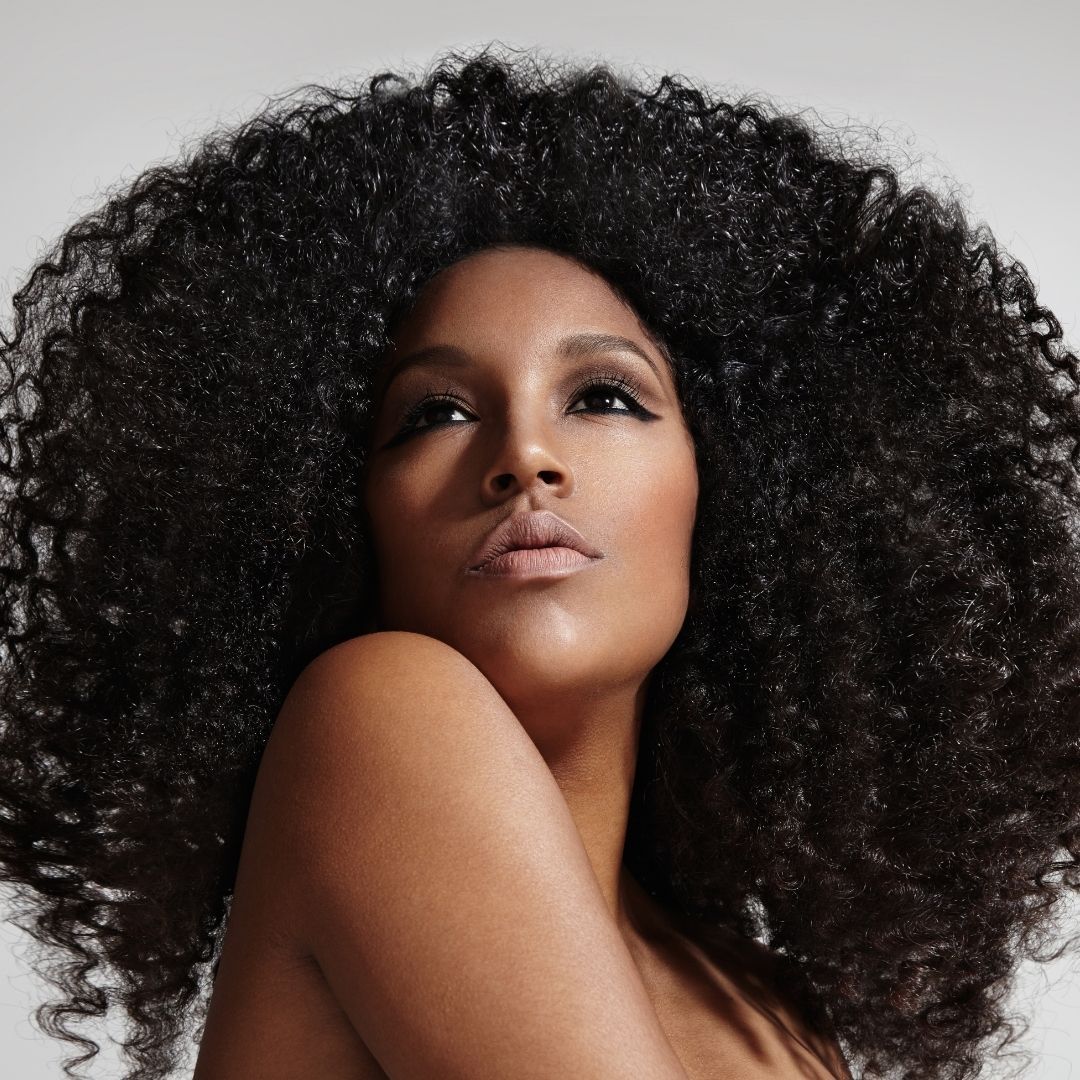Black Women Stress Differently
Black Women Stress Differently…
The Psychological well-being of Black Women has historically been downplayed and disregarded.
While Black Women suffer from anxiety and depression at much higher rates than any other group, we are less likely to be treated for mental health related illnesses.
Superwoman Schema: A scale developed by CL Woods-Giscombe to test the five factor model of how African American Women experience Stress, Strength and Health.
- An obligation to present an image of strength
- An obligation to suppress emotions
- An obligation to resist being vulnerable
- An obligation to help others
- A drive to succeed despite limited resources

To add to the already heavy burdens faced by Black Women,
As stated by contributor Kathy Caprino in a recent http://forbes.com article:
The pandemic has added additional burdens to what was already a worse experience in the workplace.
- 52% of Black Women report being the “only of their gender and race at work. They are often more likely to feel uncomfortable bringing their whole selves to work.
- 42% feel uncomfortable sharing their thoughts about racial inequity
- 22% feel like they can’t talk about the impact current events are having on them or people in their community
- Black Women are 2.5 times more likely to report the death of a loved one, yet 1.5 times more likely to feel uncomfortable sharing their grief or loss.
(forbes.com)
“Most Community Based Programs don’t speak to the specific health needs of the Black Woman. It is for this reason, that my program design centers around and caters to those needs. When it comes to Black Women working in the Health and Wellness industry, we currently make up less than 10% of Coaches. Representation Matters.” – Coach Ell-
Researchers have suggested that health disparities in African American Women, including adverse birth outcomes, lupus, obesity and untreated depression, can be explained by stress and coping. (medicalnewstoday)
In the eyes of society, to be a Strong Black Woman means carrying the weight of the world, your oppressors and your family on your back without breaking. To be enraged or angry is by default a character flaw instead of a cry for help.
What we know is that there is power and strength in being vulnerable and emotionally present. We are giving ourselves permission to cry out loud, to seek therapy, to take time off, to invest in our mental health and to pay closer attention to the foods and energies around us.
We are giving ourselves permission to Heal in a world that has told us we don’t matter enough.



